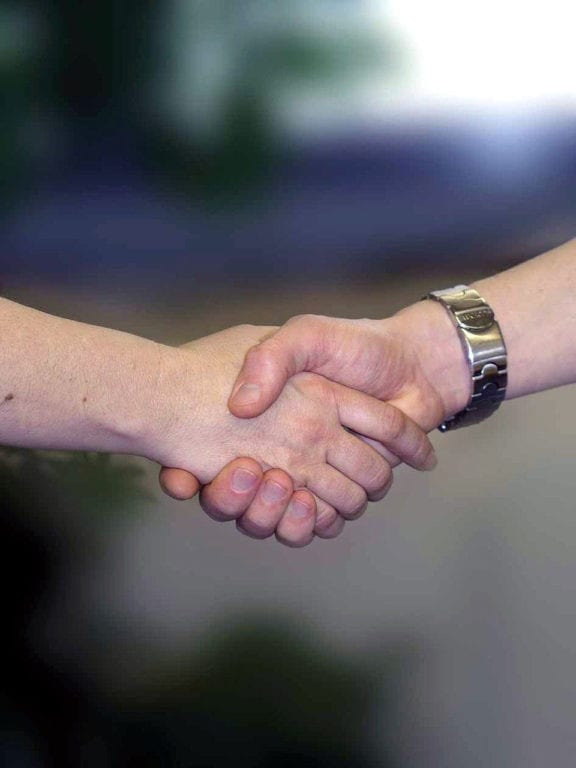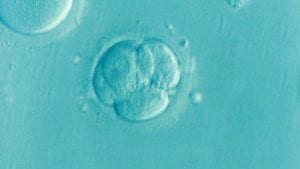Some scientists never have the opportunity to meet a single patient in the community of the disease they work their entire lives trying to understand. This can make them feel removed from their research. Without this emotional attachment, work can become tedious and at times, it may feel futile.
Rachel Guerra, a postdoc in the Pagliarini Lab at the Mordgridge Institute for Research, won an award to support her work in mitochondrial disease. It wasn’t until the day she gave the presentation for this award that she met a patient for the first time.
She speaks about how this experience renewed her passion and fight, reminding her why she does what she does.
Mitochondrial Disease Walk
This year, Guerra and fellow post-docs and graduate students attended the Mitochondrial Disease Walk held by the United Mitochondrial Disease Foundation (UMDF). Their attendance provided a unique experience for both patients and the researchers. Patients were able to ask questions about their projects, what sparked their desire to specifically study the disease, and where they see the future of research going.
For the researchers, they were able to engage with patients, hear their stories, and hear firsthand the most challenging parts of living with the disease.
These interactions are so important, not only for fostering empathy, but for ensuring research is heading in the direction that would most benefit patients.
The research journey is long and tiring. There often isn’t “free time” to engage with patients. But small acts like participating in a simple walk can help everyone feel more connected and keep the fire of motivation burning for scientists.
You can read more about this event here.






